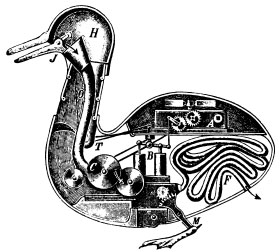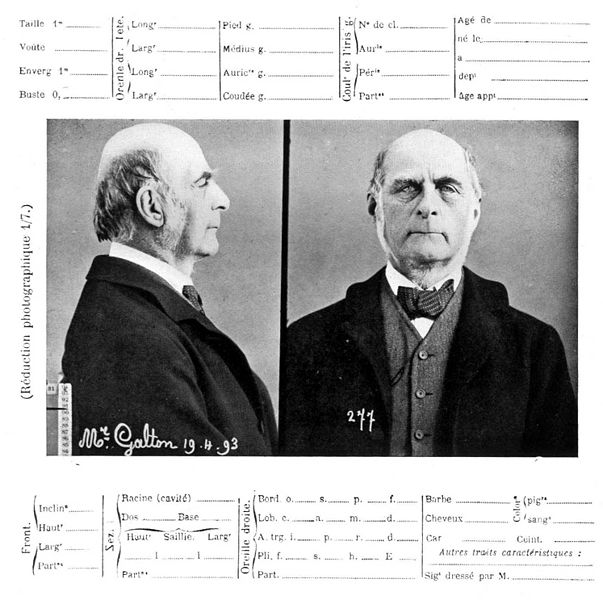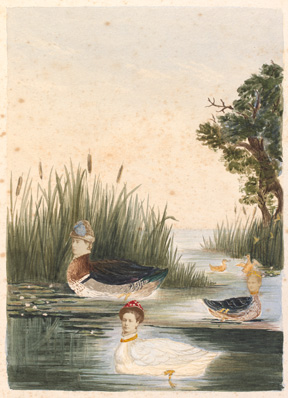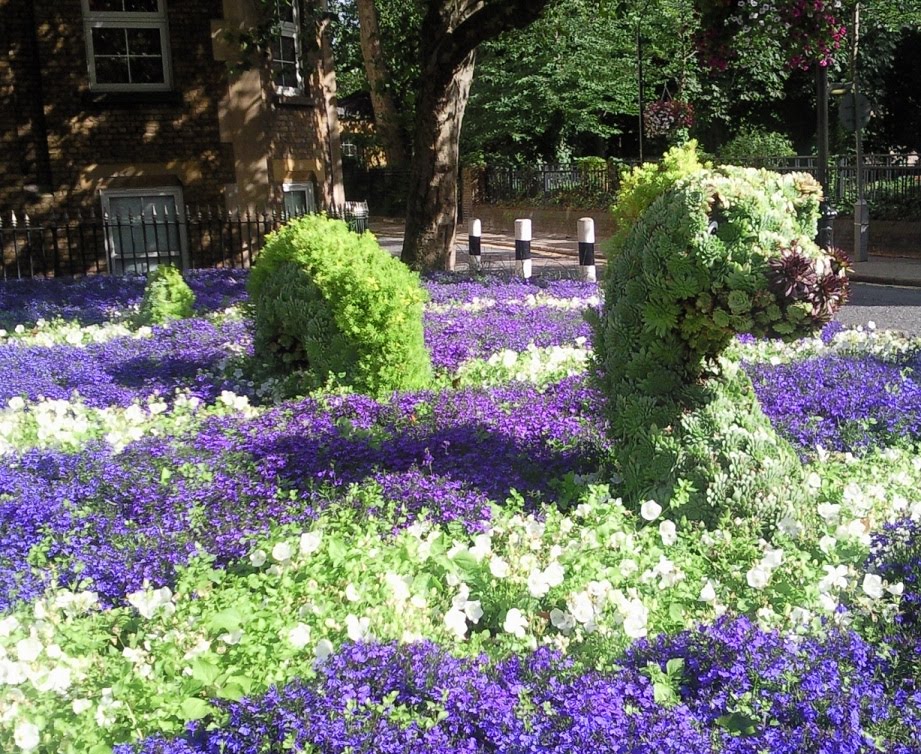May she be curst to starve in Frogland Fens, / To wear a Fala ragg’d at
both the Ends, / Groan still beneath an antiquated Suit, / And die a
Maid at fifty five to boot ; / May she turn quaggy Fat, or crooked
Dwarff, / Be ridicul’d while primm’d up in her Scarff ; / May Spleen and
Spite still keep her on the Fret, / And live till she outlive her
Beauty’s Date ; / May all this fall, and more than I have said, / Upon
that wench who disregards the Plaid.
So there I was, thinking that in Austin Osman Spare I had found my go-to guy for curses, imprecations and anathemas. That was until I came upon the Scots poet Allan Ramsay (1686-1758), of whom I was only dimly aware.
What happened was this. It occurred to me this afternoon that it was a matter of utmost urgency that I discover the etymology of “frogman”, specifically whether, at any point, the word “toadman” had been preferred. As always happens as soon as one consults the Oxford English Dictionary, I was blown off course. My attention was caught by “frogland”, which is defined, not unexpectedly, as “marshy land in which frogs abound, as the Fens, Holland, etc.” The first of a mere two citations in the OED is “1721 RAMSAY Tartana xxxiii, May she be curst to starve in frogland fens.”
My curiosity was piqued. Who was she and what had she done to deserve so awful a fate? I soon found an online edition of Allan Ramsay’s Poems of 1721 and read:
May she be curst to starve in Frogland Fens, / To wear a Fala ragg’d at both the Ends, / Groan still beneath an antiquated Suit, / And die a Maid at fifty five to boot ; / May she turn quaggy Fat, or crooked Dwarff, / Be ridicul’d while primm’d up in her Scarff ; / May Spleen and Spite still keep her on the Fret, / And live till she outlive her Beauty’s Date ; / May all this fall, and more than I have said, / Upon that wench who disregards the Plaid.
Gosh. This strikes me as a somewhat hysterical overreaction to someone eschewing the wearing of tartan, but then I am not a mad Scotsman, so what do I know?






